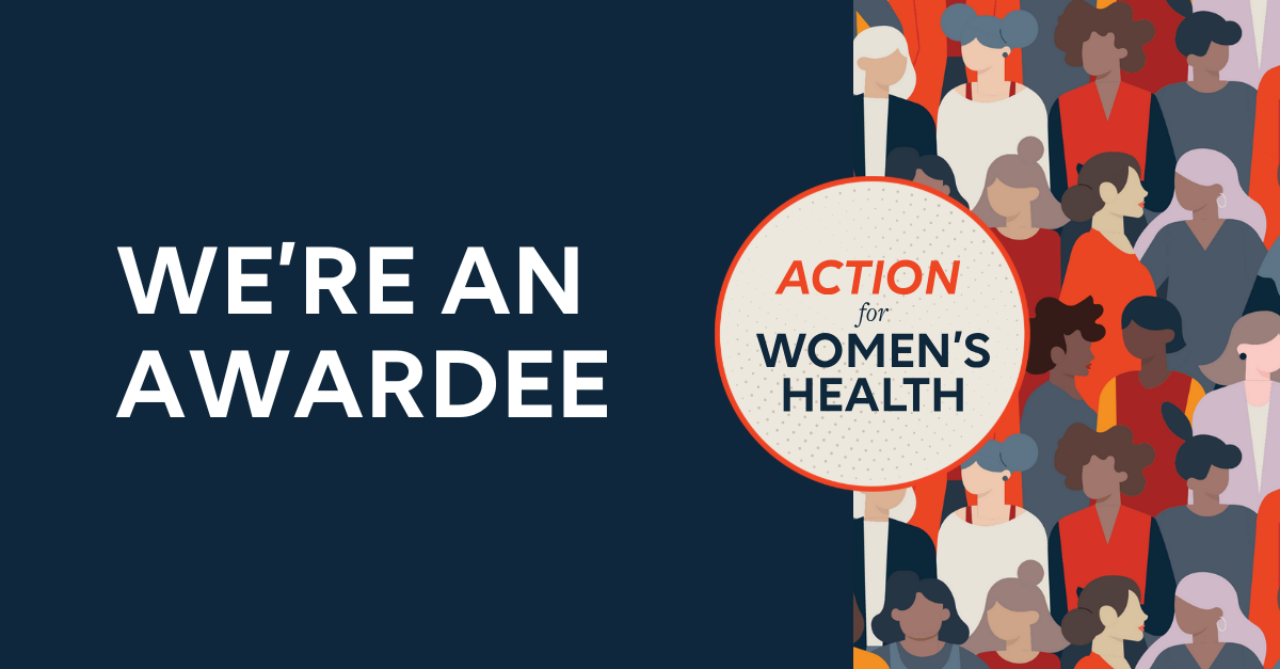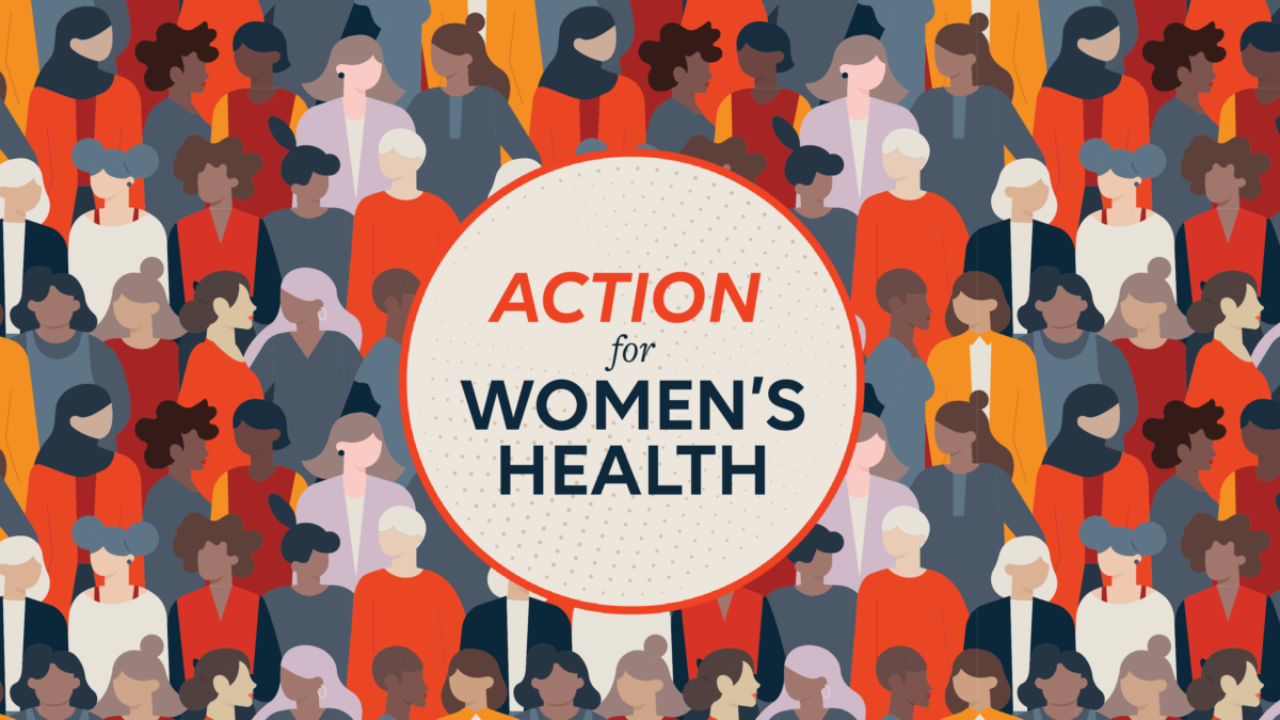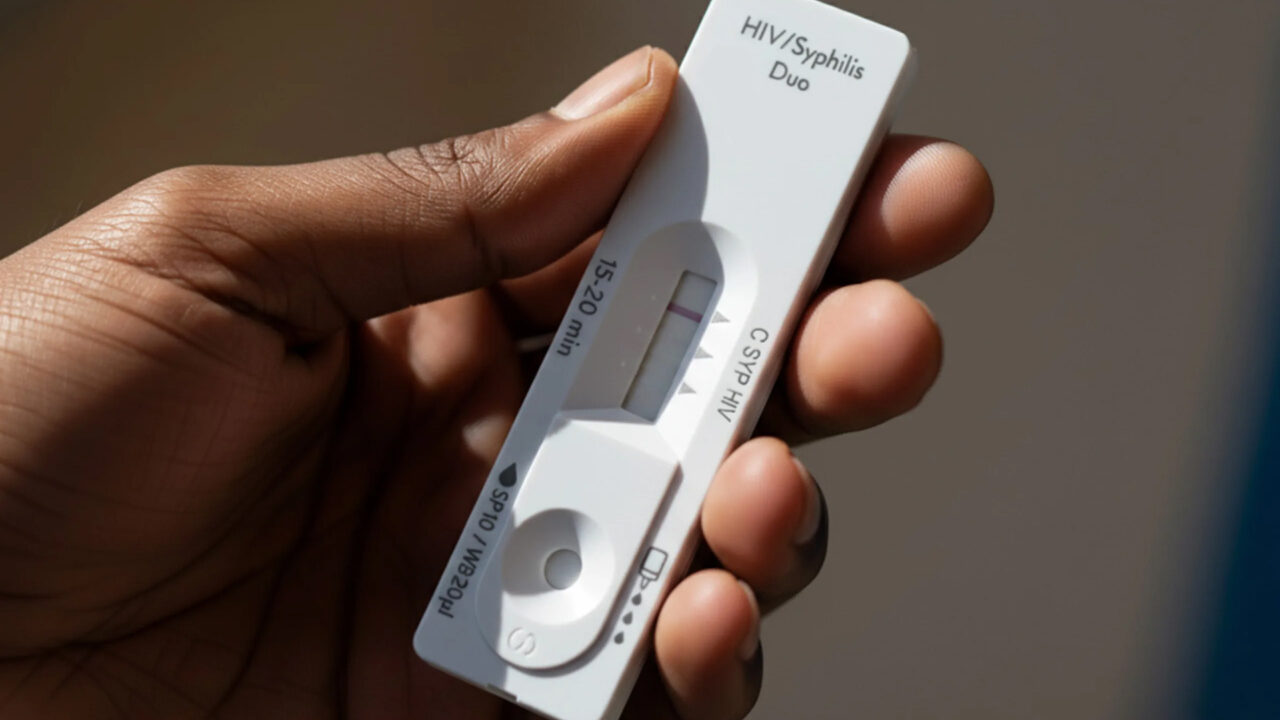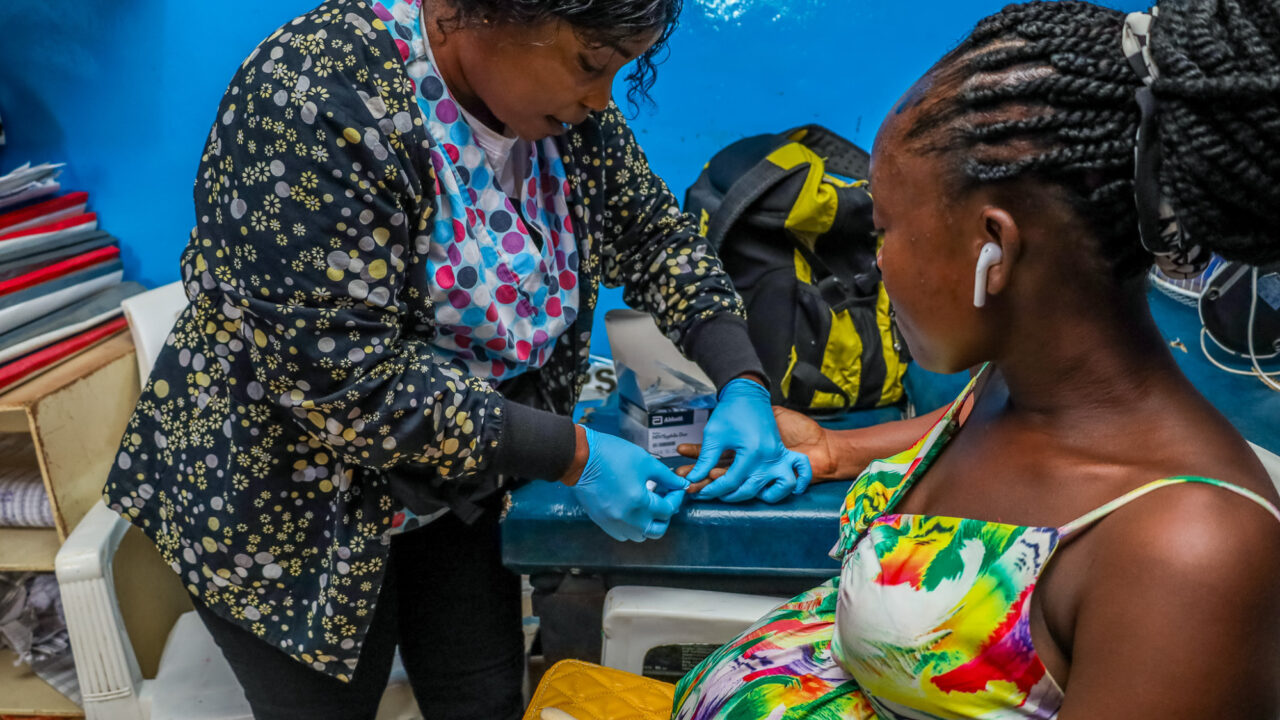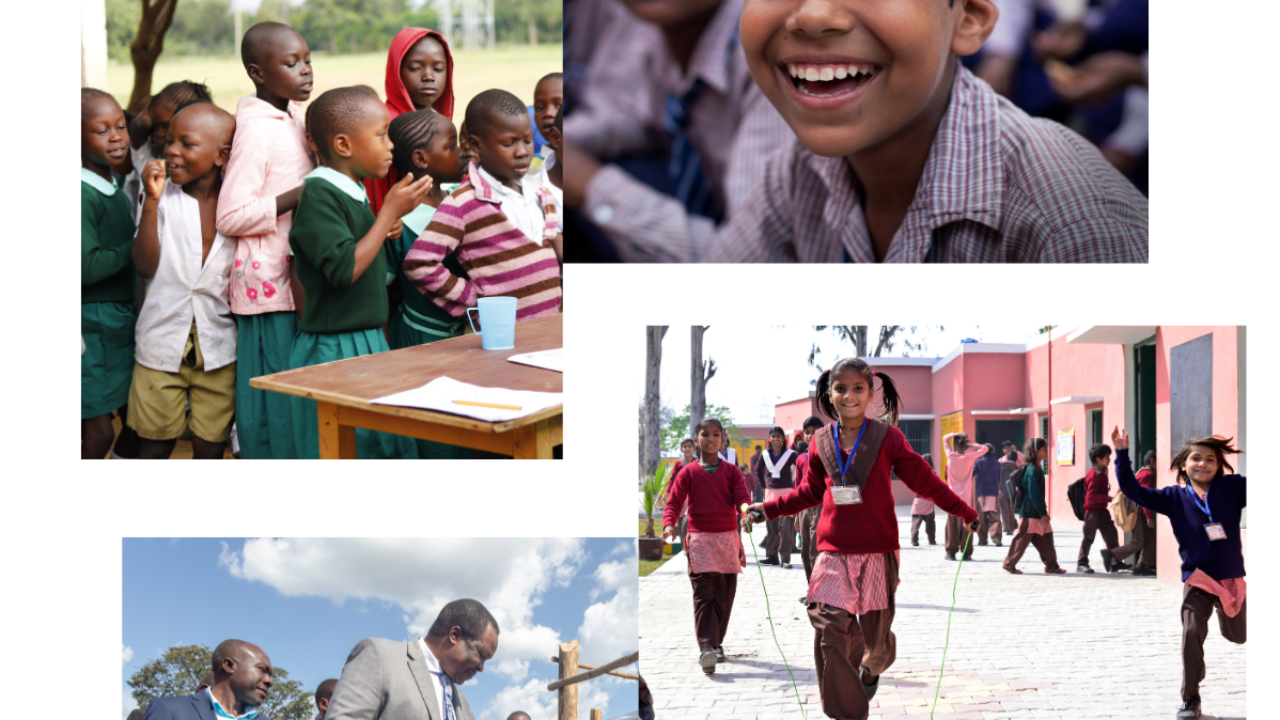Evidence Action has been selected as an awardee of the Action for Women's Health initiative, a $250 million global call funded by Pivotal to improve women's health worldwide. The grant will expand Evidence Action's work to eliminate congenital syphilis — one of the most overlooked and preventable threats to pregnant women and newborns.
Evidence Action was selected from among over 4,000 organizations from 119 countries through a rigorous peer and expert review process. The initiative is managed by Lever for Change, an organization with a track record of identifying bold ideas to solve the world's most pressing problems.
A preventable crisis affecting millions
Founded by Melinda French Gates in 2015, Pivotal works to remove the barriers that hold women — and all people — back. Women's health remains chronically underfunded and under-researched, and congenital syphilis exemplifies this gap.
“We hope this funding will help them expand their lifesaving, life-changing work, scale their impact, and reach millions more women around the world.”
Syphilis is an infection that causes more stillbirths and newborn deaths than pediatric HIV, yet receives only a fraction of the resources. Each year, it leads to more than 390,000 severe outcomes — including 150,000 stillbirths, 70,000 neonatal deaths, and 170,000 cases of preterm birth or severe disability. Global rates have worsened in the past decade, with babies today 11 percent more likely to be exposed than eight years ago.
Despite these numbers, the solution is simple and cost-effective. Dual HIV/syphilis rapid tests cost only $0.15 more than single HIV tests, and a single dose of penicillin, costing less than $0.20, can prevent over 80 percent of adverse outcomes. By leveraging existing HIV prevention of mother-to-child transmission systems — where screening rates often exceed 90% — countries can rapidly increase syphilis testing to reach millions more women.
Proven results through technical assistance
Evidence Action’s Syphilis-Free Start program provides technical assistance to governments to integrate syphilis screening and treatment into existing prenatal care systems. We support ministries of health to train healthcare workers, strengthen supply chains, improve data systems, and secure sustainable funding — ensuring countries can maintain and expand these lifesaving services independently.
The approach has already demonstrated that rapid, large-scale change is possible. In Liberia, national screening coverage rose from 8 percent in 2020 to 88 percent in 2024, and 94 percent of women who tested positive received treatment — preventing an estimated 1,900 adverse outcomes and saving more than 1,000 lives. Four of the country's fifteen counties have already graduated to full government ownership, and eight more are preparing to transition.
In Zambia, screening coverage at trained facilities reached 90 percent in 2024, up from a 45 percent baseline, with national coverage climbing to 75 percent and 86 percent of those testing positive now receiving treatment. In Cameroon, Evidence Action has supported the Ministry of Public Health to train over 16,000 healthcare workers across more than 1,600 facilities, with real-time national data systems now enabling planned expansion to 1,000 additional facilities.
Catalyzing a broader movement
With support from Pivotal, Evidence Action will partner with additional countries in Africa and Asia to integrate syphilis screening and treatment into routine prenatal care. At an estimated $25–$410 per DALY averted in geographies with the highest burden, this ranks among the world's most cost-effective maternal health interventions — and one of the most neglected.
Many countries are now procuring dual HIV/syphilis tests but need targeted support to deploy them effectively. This funding will help catalyze a broader ecosystem of collaboration: governments leading national scale-up, new partners joining, and major funders aligning behind a rare, tractable opportunity to eliminate congenital syphilis.
